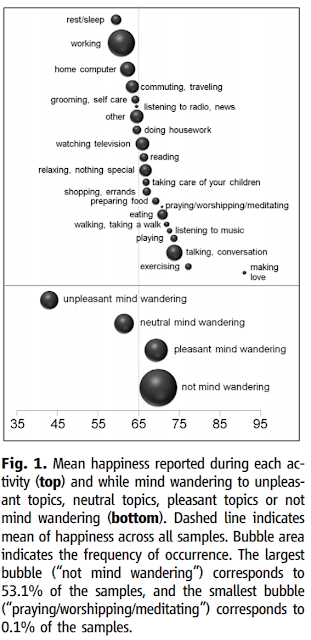Institutions by Douglass North
Douglass C.
North Nobel Laureate in 1993 wrote many papers about institutions. In his Nobel
Prize lecture he admitted that how institutional change actually happens is one
of the biggest mysteries in Economics. The importance of institutions in
economic growth was well established long before now.
In his
paper “Institutions” wrote in 1991, he defines institutions as “humanly devised
constraints that structure political, economic and social interaction. They
consist of both informal constraints (sanctions, taboos, customs, traditions,
and codes of conduct), and formal rules (constitutions, laws, property rights)”.
Their main objective are “to create order and reduce uncertainty in exchange.”
[…] “they define the choice set and therefore determine transaction and
production costs and hence the profitability and feasibility of engaging in
economic activity”.
Why did
institutions emerge?
North
argues that institutions and rules were necessary when transactions between
strangers happened repeatedly. As societies evolved, they experienced divisions
of labour and growth in trade. These two factor increased the likelihood of
repeated transactions with strangers and the need for common rules. “Cooperation
is difficult to sustain
when the game is not repeated (or there is an endgame), when information on the
other players is lacking, and when there are large numbers of players”.
Why are
they important for growth?
Because
institutions reduce transaction and production costs per exchange so that the
potential gains from trade are realizeable. Both political and economic
institutions are essential parts of an effective institutional matrix.
Some
economists have recently argued that the most important institution for
economic growth are those involved in private property regulations.


Comments